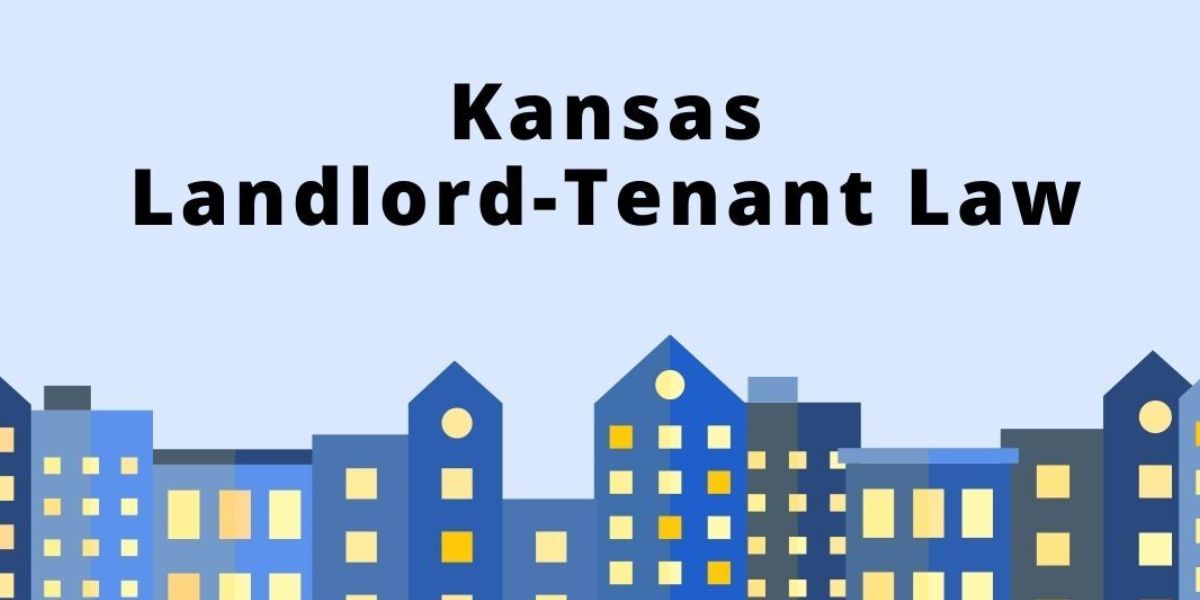KHN – Kansas, with its center location in the United States, has a wide range of housing possibilities, from bustling cities like Wichita and Overland Park to quaint tiny villages spread across the state. Kansas’ cost of living is often lower than the national average, making it a desirable location for renters.
However, rental prices have risen in recent years, reflecting a broader national trend. Understanding your rights and duties as a renter in Kansas, particularly about rent hikes, is critical for navigating today’s housing market.
Importance of Understanding Rent Increase Laws
Rent rises can have a major influence on your monthly budget. Knowing your rights under Kansas law allows you to plan for anticipated rent increases and make proactive efforts to reduce your housing costs. This essay will look at the legal environment of rent increases in Kansas, including the lack of rent control laws, the significance of your lease agreement, and the legal protections available to tenants.
Rent Control in Kansas.
No statewide rent control
Kansas, unlike some other states or localities, does not have statewide rent control regulations in place to regulate rent increases. This means that landlords have the legal authority to raise rents as they see fit, with some restrictions indicated below. While landlords have this flexibility, market factors continue to play a role. Excessive rent increases might cause increased vacancy rates, thereby damaging the landlord financially.
Local Rent Control Ordinances (briefly discuss the possibility)
It is worth noting that some cities in Kansas may have their own rent control ordinances. While uncommon, municipal restrictions may overrule state law and limit rent increases within certain jurisdictions. If you live in a larger city, such as Wichita or Overland Park, it is recommended that you look into local rent control regulations.
Understanding Your Lease Agreement

Fixed-Term Leases vs. Month-to-Month Leases
The sort of lease agreement you have has a big impact on how rent increases are implemented. There are two primary leasing structures:
- Fixed-Term Leases: These leases are normally for a specific time period, such as a year. During this specified period, the landlord cannot raise the rent unless the contract expressly permits for such increases. Leases with rent increase clauses should clearly outline the amount or method for calculating the increase and the notification period the landlord must provide.
- Month-to-Month Leases: Month-to-month leases provide more freedom but less security. In the absence of a fixed term, landlords generally have more leeway to raise rent, but they are still required to provide written notice according to state law.
Rent Increase Clauses in Leases
Carefully review your lease agreement for any clauses related to rent increases. These clauses should specify:
- Circumstances for Rent Increases: The lease might outline specific reasons for rent increases, such as rising property taxes or significant renovations to the property.
- Amount or Calculation Method: The clause should detail the specific amount of the increase or a formula for calculating it (e.g., a percentage increase).
- Notification Period: The lease should clearly state the written notice period the landlord must provide before the rent increase takes effect.
Notice Requirements for Rent Increases
Standard Notice Period (30 Days)
In the absence of a specific notice period outlined in your lease agreement, Kansas law requires landlords to provide tenants with at least 30 days written notice before increasing the rent. This notice should be clear and concise, specifying the new rent amount and the effective date of the increase.
Variations in Notice Periods Based on Lease Agreements
While state law mandates a minimum of 30 days’ notice, your lease agreement could stipulate a longer notification period for rent increases. This provides tenants with additional time to prepare for the increase or explore alternative housing options if necessary.
Legal Protections for Tenants
- Fair Housing Act and Anti-discrimination: While Kansas has no rent control laws, the Fair Housing Act (FHA) protects tenants from discriminatory rent increases. The FHA prohibits landlords from raising rent or taking other adverse actions against tenants based on protected characteristics such as race, color, religion, national origin, sex, familial status, or disability. If you suspect your landlord is raising your rent due to a discriminatory reason, it’s crucial to seek legal counsel or contact organizations like the Fair Housing Council.
- Retaliatory Eviction Laws: Kansas law also protects tenants from retaliatory eviction. This means your landlord cannot evict you or otherwise penalize you for exercising your legal rights, such as complaining about code violations, requesting repairs, or organizing with other tenants. If you believe you are facing retaliation for a protected activity, document everything and seek legal advice immediately.
Tips for Negotiating Rent Increases
Even though landlords have significant leeway in raising rents in Kansas, there are steps you can take to potentially negotiate a lower increase or find common ground:
- Researching Fair Market Rent: Before entering negotiations, research fair market rent for comparable properties in your area. This information strengthens your position by demonstrating what similar units rent for and potentially highlighting that the proposed increase is unreasonable. Resources like rent comparison websites and local housing authority reports can be helpful in this regard.
- Highlighting Your Value as a Tenant: Landlords often value reliable, long-term tenants who take good care of the property. Present yourself as a responsible tenant with a history of on-time rent payments and minimal maintenance requests. You can also emphasize any improvements you’ve made to the property, within reason, to further demonstrate your value.
- Considering Offering Concessions: If a lower rent increase isn’t possible, explore offering concessions in exchange for a smaller rent hike. This could involve signing a longer lease term, agreeing to take on minor maintenance responsibilities, or offering to pay a portion of upcoming improvements.
- Negotiating in Writing: All communication regarding rent increases should be documented in writing. This creates a clear record of the conversation and protects both you and the landlord.
Resources for Kansas Tenants
- Kansas Legal Services: Kansas Legal Services (KLS) offers free and low-cost legal aid to low-income tenants facing housing issues, including rent increases or eviction. KLS can provide legal advice, representation in court, and educational resources on tenant rights.
- Kansas Attorney General’s Office: The Kansas Attorney General’s Office (AGO) provides information and resources on various consumer protection topics, including landlord-tenant law. The AGO website may offer helpful resources or guidance for tenants dealing with rent increases.
Conclusion
Understanding your rights and responsibilities as a tenant in Kansas is crucial for navigating rent increases and ensuring a fair and stable living situation. While there are no statewide rent control measures, knowing the legal requirements for notice periods and protections against discrimination empowers you to advocate for yourself. By familiarizing yourself with your lease agreement, researching fair market rent, and exploring negotiation tactics, you can potentially manage rent increases and maintain a comfortable and affordable home in Kansas.








